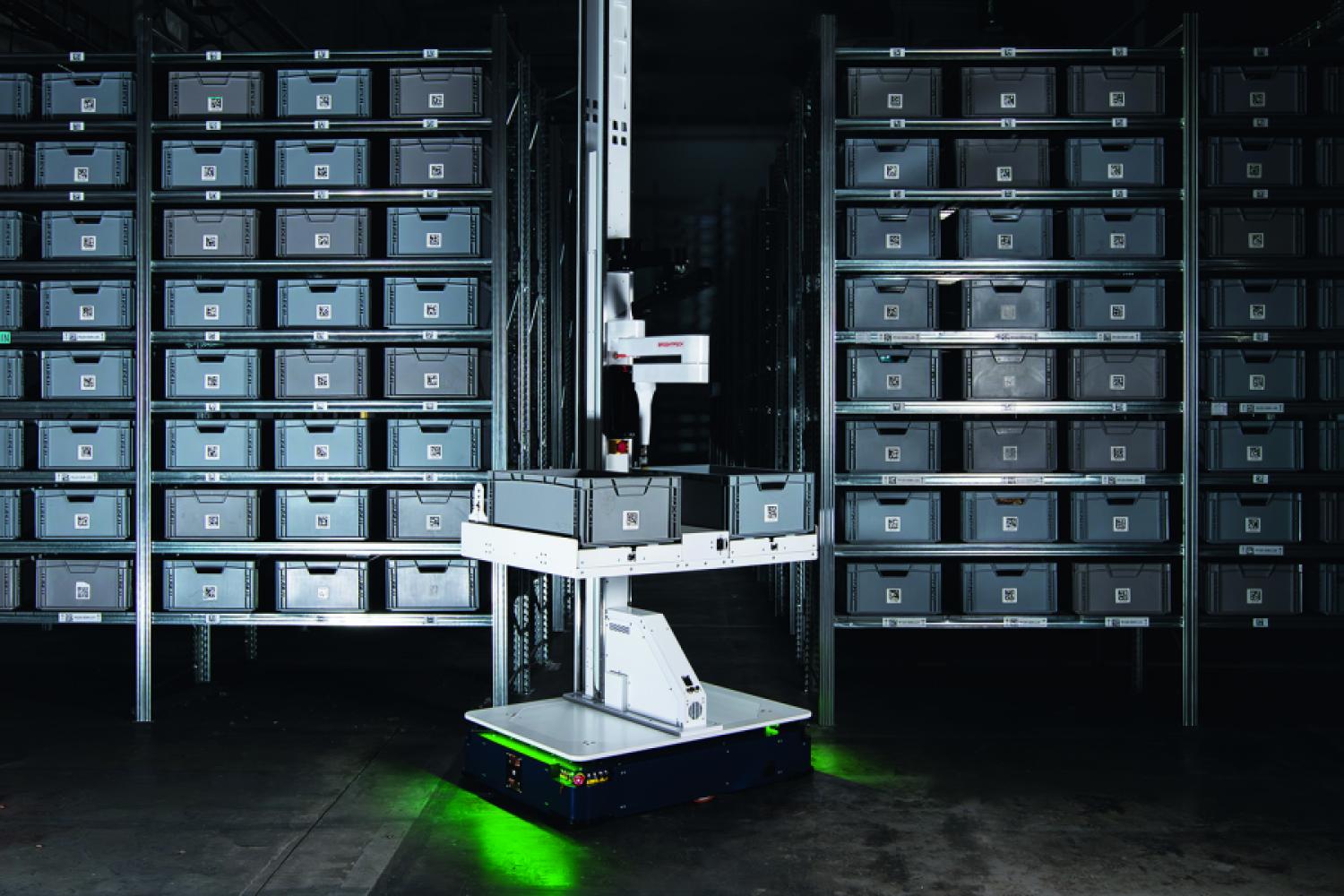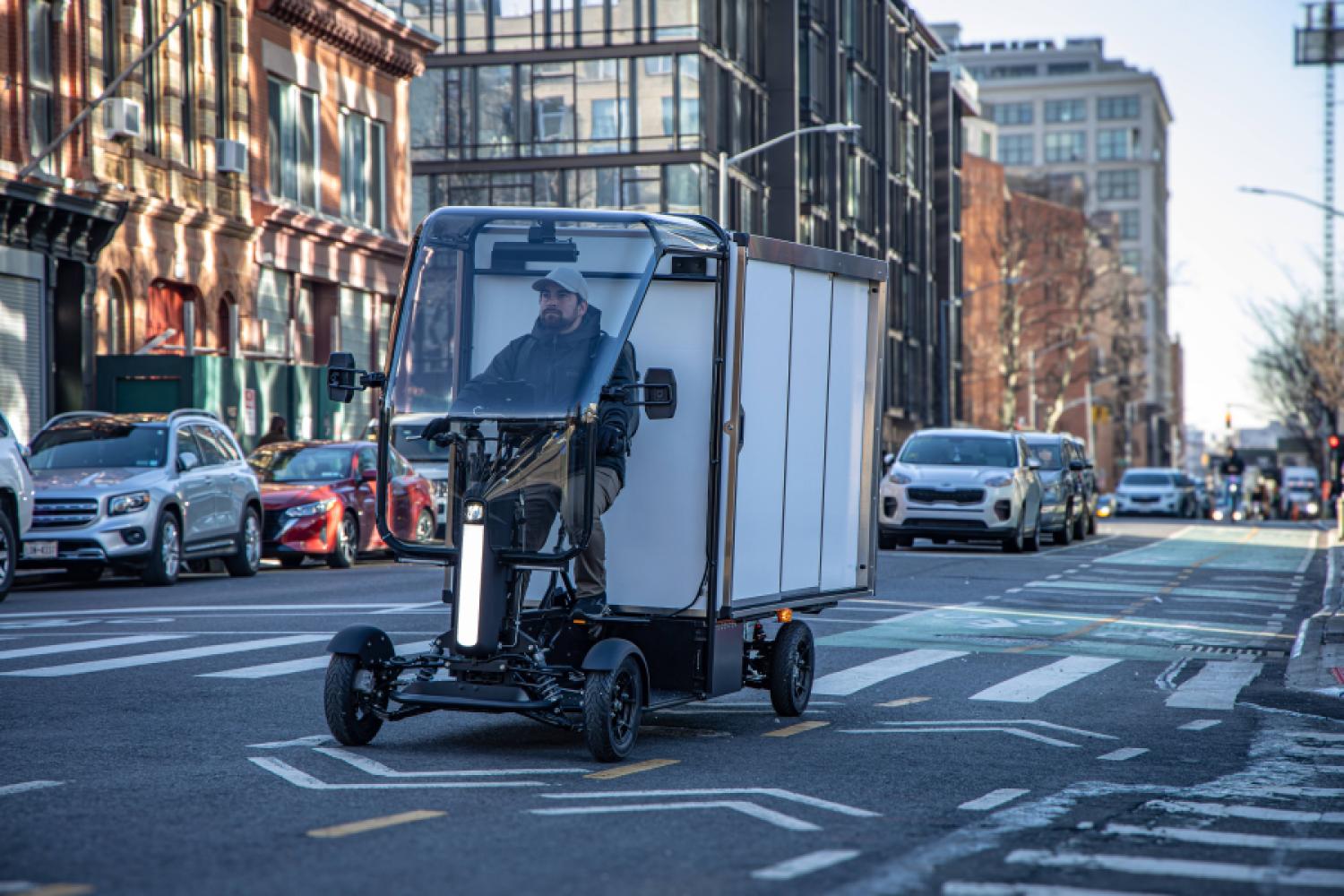Rarely has the logistics industry faced challenges as great as it does today: whether due to supply bottlenecks in pharmaceuticals or grocery retail, geopolitical instability, or uncertainties in customs policy. More than ever, procurement relies on reliable partnerships—where mutual trust prevails, needs-based support is ensured, and common values and goals are pursued. This is the conclusion of the "State of Procurement Report," recently published by Amazon Business.
More than half (52 percent) of the decision-makers surveyed for the report have already worked with suppliers in procurement who were
unable to meet their demands and expand when needed. Consequently, the expansion of the supplier portfolio has emerged as the top priority for 65 percent of respondents—almost all procurement decision-makers (94 percent) are interested in establishing contacts with new suppliers.
Diversity as a Key to Resilient Supply Chains
Amazon Business states that the State of Procurement Report highlights what influences companies' decision-making regarding their suppliers—and what challenges they must overcome when the collaboration does not fit.
To remain competitive, companies must continually evolve, including in their partnerships. This
includes adapting to rapidly changing conditions, contributing to national and international climate goals, and responding to changing business requirements.
Not only can this already be a challenge within one's own company, but companies are also increasingly responsible for the actions of their suppliers and partners with whom they work.
And since it usually involves providing goods or services, this responsibility primarily falls on procurement.
Discrepancies in Digital Competition
When it comes to the use of new technologies, companies today are diversely positioned. While some are already using artificial
intelligence or automation, others are still struggling with the basics of digitalization.
If suppliers cannot meet the digital requirements of procurement due to these differences, the collaboration can become inefficient.
This is also indicated by 33 percent of the procurement decision-makers surveyed, who cite collaboration with technologically backward suppliers as one of the greatest external challenges in their professional daily lives.
Lack of access to information is also a major hurdle, particularly access to data on environment, social, and governance (ESG): Here, 70 percent of procurement decision-makers report






